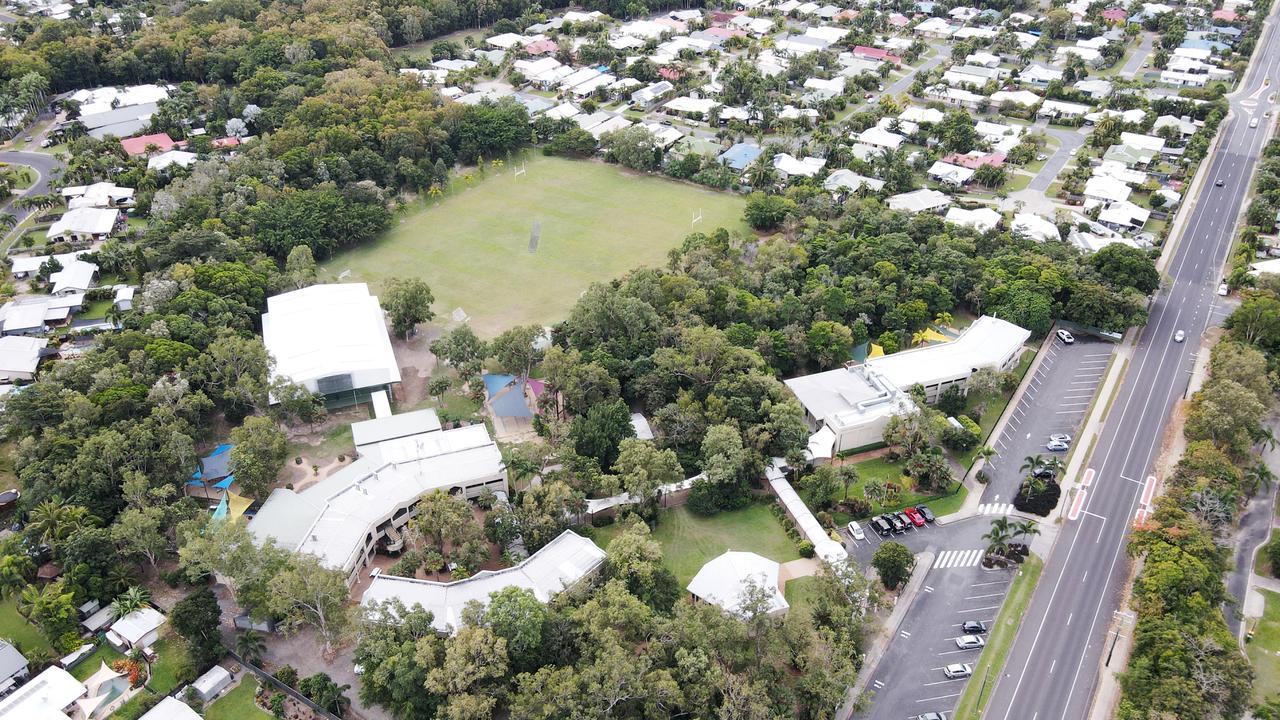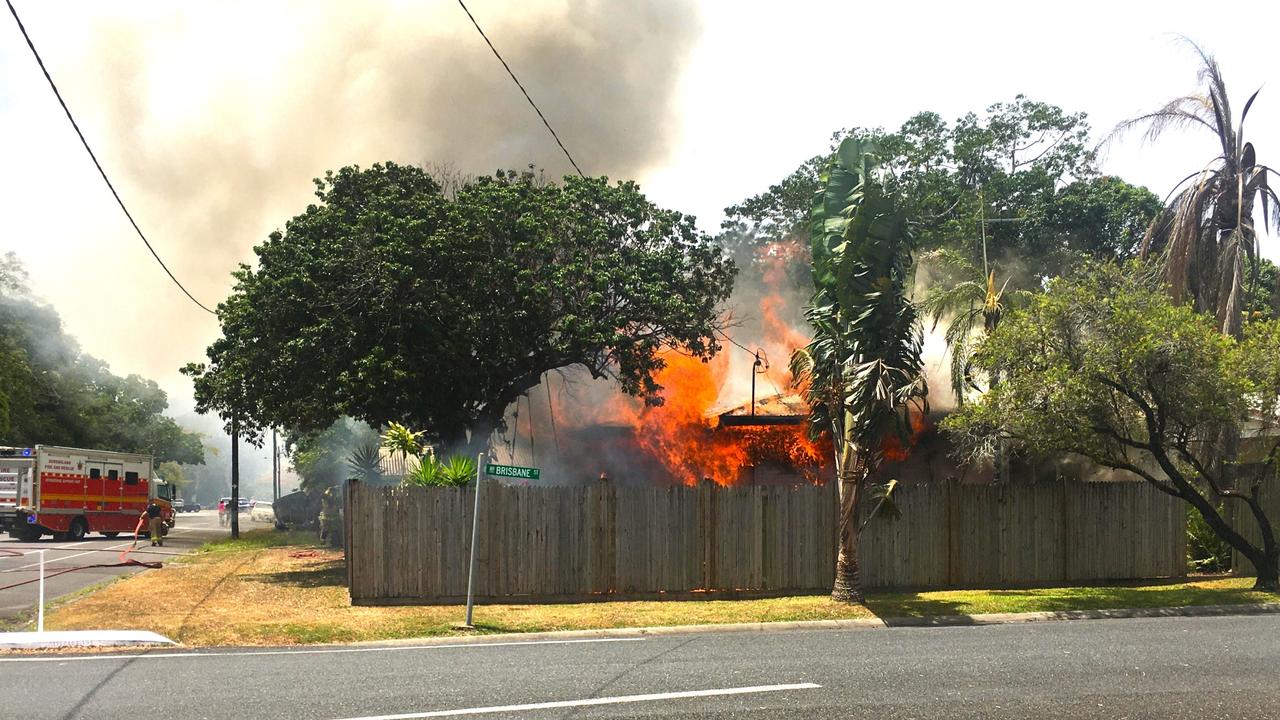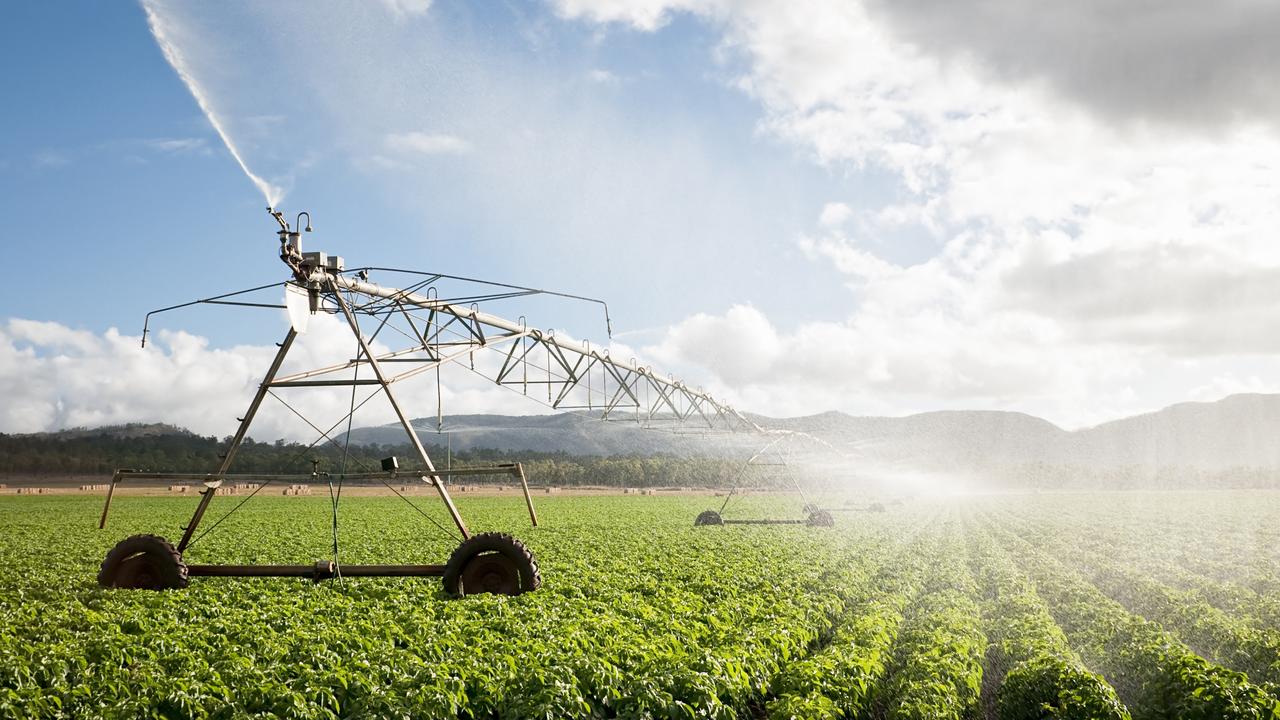Marine stinger season begins on Queensland beaches stretching from Bustard Heads to Port Douglas
About 30 locations across Far Northern Queensland will soon have stinger nets installed as swimmers are reminded box jellyfish and Irukandji will make these waters home.
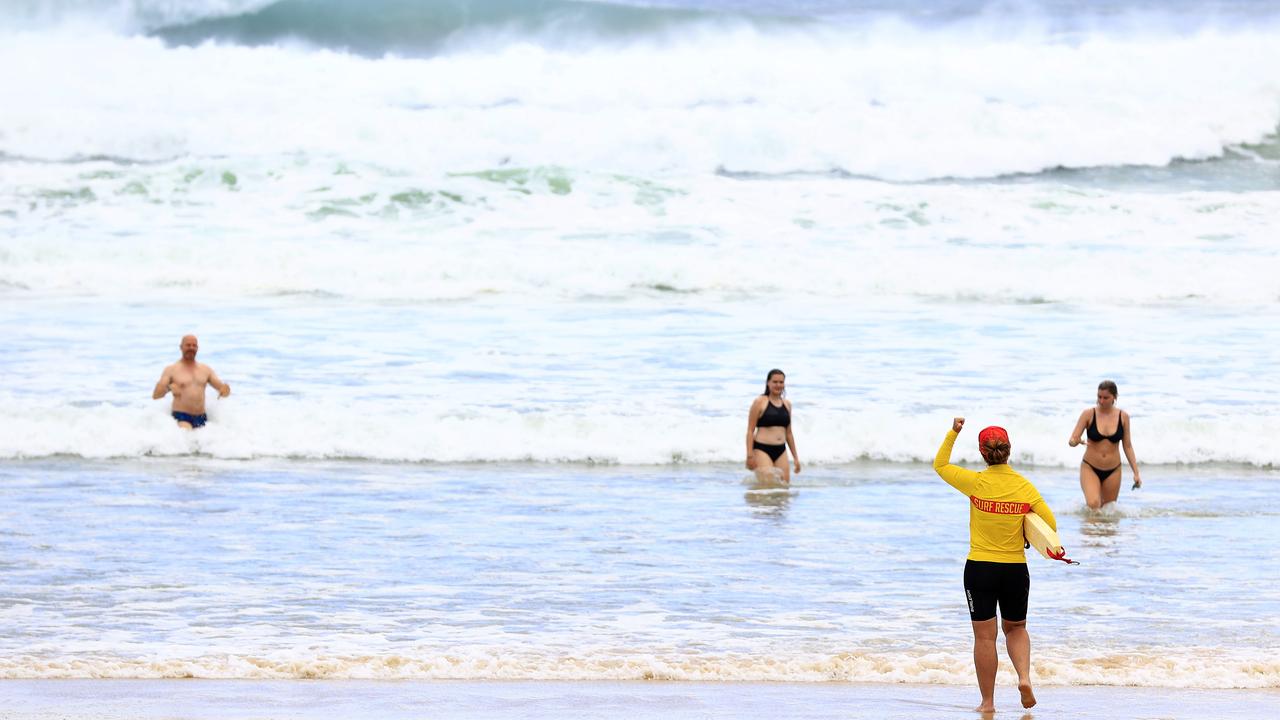
Cairns
Don't miss out on the headlines from Cairns. Followed categories will be added to My News.
About 30 locations across Far Northern Queensland will soon have stinger nets installed as swimmers are reminded box jellyfish and Irukandji will make these waters home from November to May.
Nets will be set-up at popular beaches such as Port Douglas, Palm Cove, and Mission Beach, allowing beachgoers to swim safely.

SLSQ regional operations manager Jen Rees said swimming was only recommended within these designated areas for safety.
“We recommend beachgoers always wear a full body stinger suit when in the ocean during stinger season,” she said.
“If you’re covered up, and inside a marine stinger swimming enclosure, you’re giving yourself the best possible chance of avoiding a painful sting.”
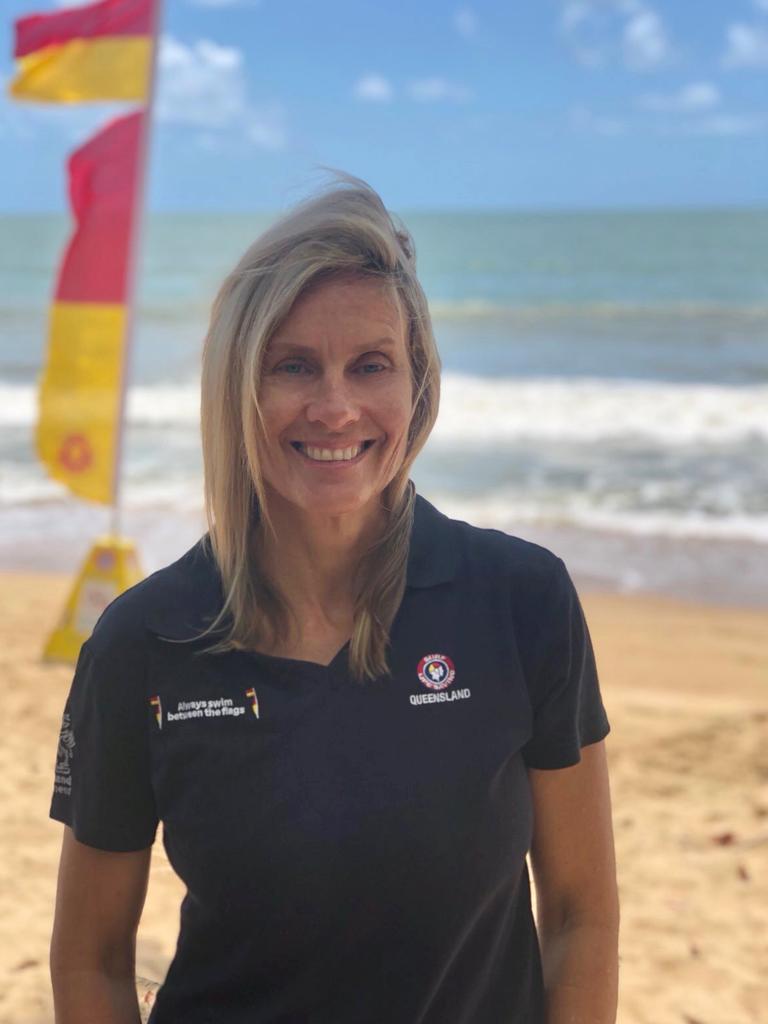
The box jellyfish and Irukandji are among the most dangerous marine stingers in the world, known for their painful stings and potentially life-threatening effects.
Ms Rees also reminded swimmers to avoid climbing on the nets, which is “crucial for maintaining” their effectiveness and to always swim between the flags.
“Swimmers should always stay off the nets so they can remain effective,” she said.
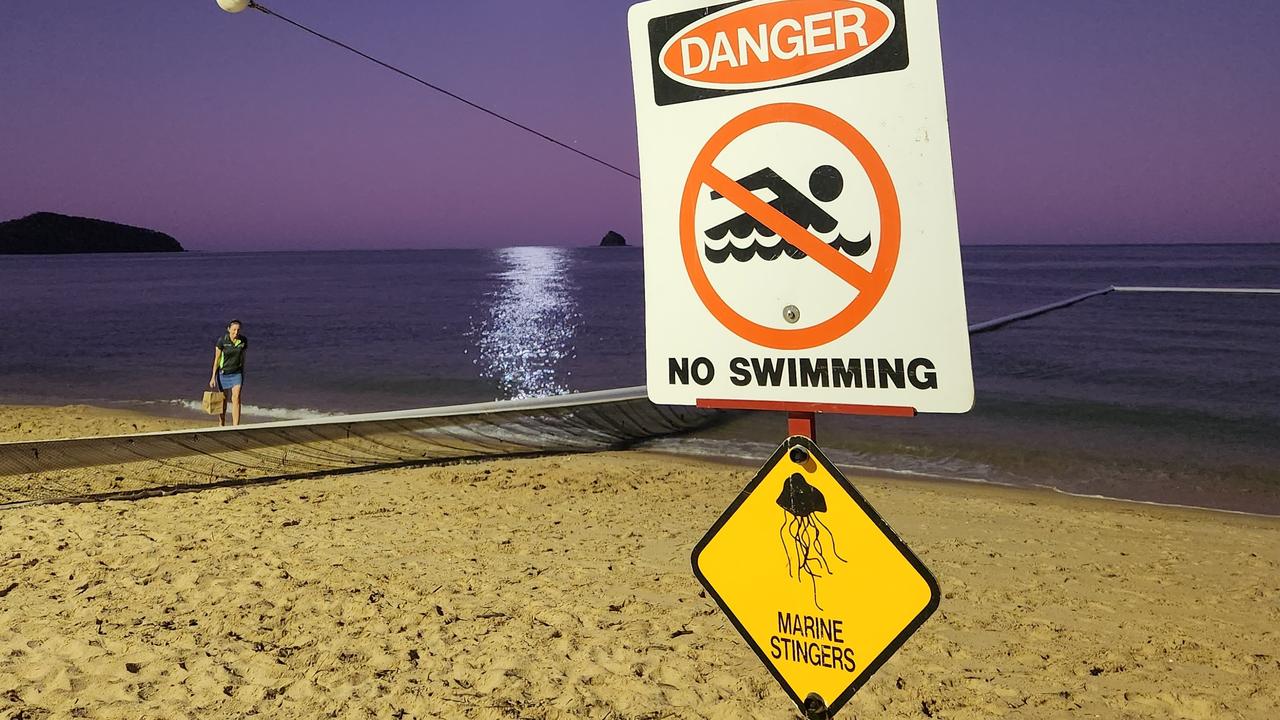
While surf lifesavers will conduct regular stinger drags within patrolled areas to monitor for dangerous stingers, operations manager for the North Barrier, Jason Wells, said the nets offer protection but could not be 100 per cent effective.
“If dangerous stingers are found, the beach will be immediately closed,” he said.
“Any swimmers who are stung should immediately notify the lifeguards or lifesavers on duty.”
More Coverage
Originally published as Marine stinger season begins on Queensland beaches stretching from Bustard Heads to Port Douglas




